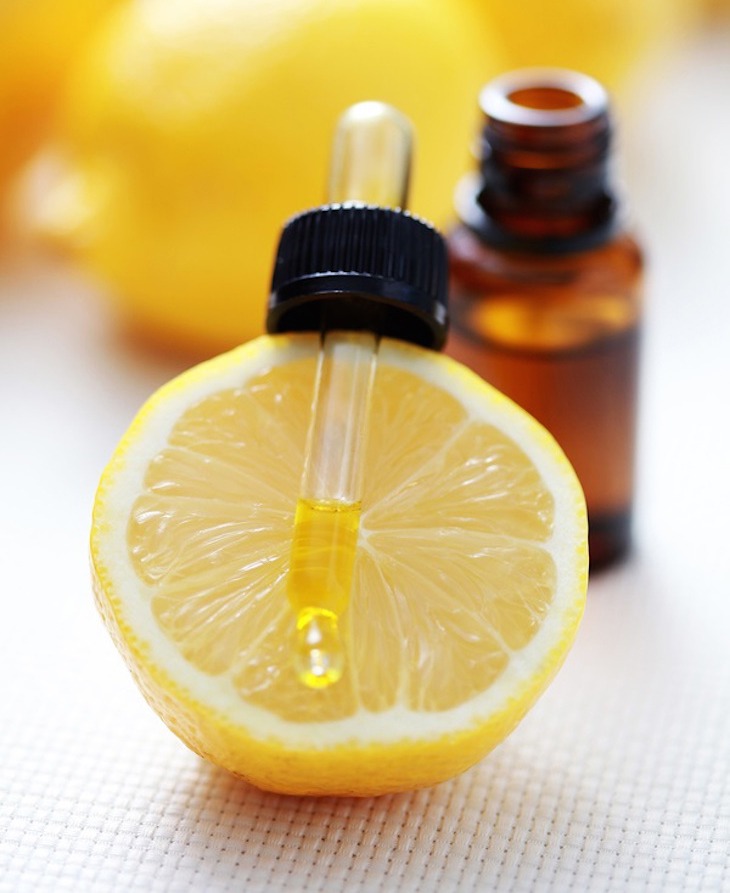Alzheimer’s is the most common cause of Dementia accounting for 60-80% of all cases. One out of three senior citizens die with either Alzheimer’s disease or another form of Dementia. This accounts for more Dementia-related deaths than breast cancer or prostate cancer combined. No new Alzheimer’s drug has been approved since 2003!
In fact, a U.S. study, which analyzed how the Alzheimer’s clinical trials fared during the period of 2002 to 2012, revealed a failure rate of 99.6%. Yikes!
For those professional and family caregivers taking care of an elder or loved one with Dementia, these statistics may feel like ‘doom and gloom’. Yet, there will be an ample amount of you who seek non-pharma interventions for those you are serving.
The good news is there are plenty of resources to support your caregiving efforts if your goal is to add more holistic solutions to your care routine. Essential oils, herbs, and natural non-toxic options are alternatives that can not only minimize Dementia-related symptoms but also have a high impact on overall body wellness.
Dementia Impacts Overall Wellness
Although each person with Alzheimer’s or another Dementia is unique, there are some similar issues or conditions that tend to plague many throughout their Dementia journey. Things like:
- Mood swings/ anxiety
- Restless sleep
- Loss of appetite
- Constipation
- Undiagnosed body, muscle, and joint aches
The cognitive concerns are an unavoidable part of the disease journey. However, ensuring that those in your care have regular bowel movements, are properly hydrated and getting restful sleep, is certainly something that can be managed with some simple holistic interventions.
Keep in mind, when your person with Dementia is suffering from constipation, they’ll be uncomfortable and this condition will negatively impact their mood and appetite. Yet, because of their Dementia they may not be able to self-describe their situation. Therefore caregivers become like ‘detectives’, trying to determine what the underlying cause of a disruptive outburst or resistance to care may be.
Holistic Options Compliment Your Care Plan
Essential Oils: can be infused into the air, used topically or in a DIY spray
- Lavender is one of the most popular and diverse of all the essential oils. Also one of the most gentle, it can be used topically without dilution. Known to calm the mind and minimize symptoms of anxiety and stress (which is common among those with Dementia). Lavender essential oil can be used to promote restful sleep in a variety of ways.
- Diffuse into the air near the bedside
- Apply directly to the bottom of your persons feet at bedtime
- Make a DIY linen spray with Lavender oil, witch hazel, and distilled water, stored in a glass or steel spray bottle. Spritz on the pillowcase at bedtime.
- Rosemary and Lemon – both of these oils contain uplifting and stimulating properties that are recognized to improve mood while calming anxiety and stress-related nerves.
- Diffuse into the air; blend the two or use individually
- Add lemon essential oil to a warm washcloth and have your person wipe their hands and face, prior to mealtime to stimulate appetite
Epsom Salt: used in a bath or as a foot soak. Easy, economical, and minimally invasive. Increase the efficacy by adding Lavender essential oil to the warm water.
- Epsom Salt is a mix of magnesium and sulfate. Both ingredients are crucial to the human body.
- A warm Epsom Salt bath or foot soak is known to reduce inflammation and ease pain while also relieving constipation
Lemon Water: for hydration, bowel and urine regularity, a detoxifier and immune booster
- High in vitamin C, drinking water infused with lemon regularly is recommended to maintain healthy hydration, enhance immunity, relieve constipation and naturally detoxify the body
- Bonus: add fresh ginger to the lemon water. Ginger has strong anti-inflammatory properties to ease pain. Use a grater or micro plane to shave the ginger into the water, stir well.
Neither pharmacological drugs nor holistic interventions will cure a person of Alzheimer’s or another Dementia. And side effects from the medications can be significant. Meanwhile, incorporating holistic options that are non-toxic and more natural may benefit your persons overall feeling of wellness.
For those with Dementia, it’s hard enough to navigate the day. However, having less joint and muscle pain while being ‘regular’ and getting restful sleep with less anxiety is certainly an advantage for them.



